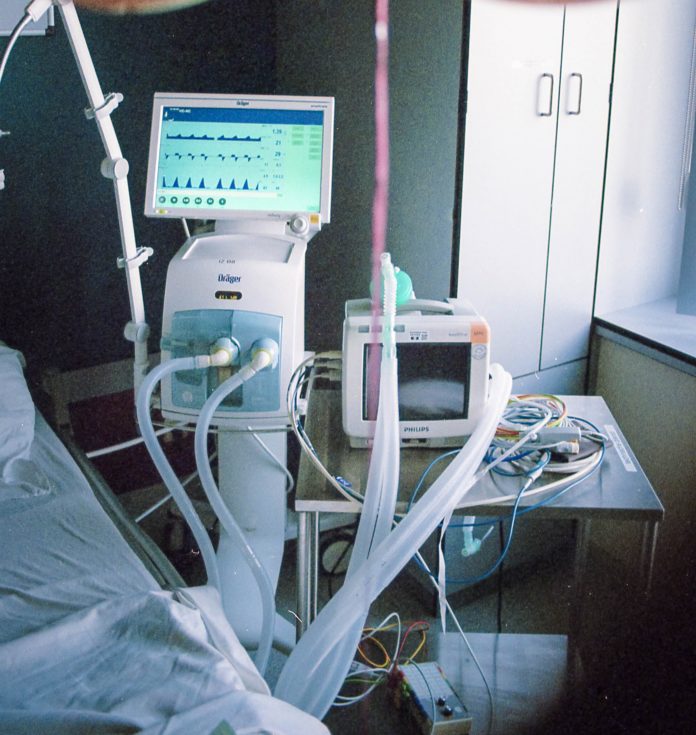The Blockchain in Healthcare market is expected to reach $890.5 million by 2023, according to a study by Prescient & Strategic Intelligence Private Limited.The Asia-Pacific region (APAC) is anticipated to be the fastest growing market, with at a CAGR of over 70.0% during the forecast period.
This growth is primarily attributed to stringent regulations for safeguarding consumer data, increased funding and investments in the blockchain arena, and rising adoption of blockchain technology in the healthcare and pharmaceutical industries.
The blockchain in healthcare market can be considered in two ways. On the basis of application, the market is categorized into clinical data exchange and interoperability, claims adjudication and billing management, drug supply chain management, drug discovery and clinical trials, prescription drug abuse, and so on.
Among these applications, the market for clinical data exchange and interoperability is expected to reach more than $400.0 million by 2023, registering a CAGR of over 70.0%. This can be ascribed to the fact that the blockchain technology can potentially transform the way of clinical information, and data storage and sharing across healthcare partners, payers, and patients.
Considering the market based on the end users, the blockchain in healthcare market is classified into pharmaceutical companies, healthcare providers, healthcare payers, and so on. Healthcare providers, as an end-user category, dominate the market and are expected to maintain this trend throughout the forecast period.
This can be ascribed to the fact that the blockchain technology is gaining acceptance among healthcare providers globally. Due to several advantages offered by this technology such as data security and integrity, its adoption among providers is expected to further increase in the coming years.
This fast growth of the APAC market is primarily attributed to the growing focus on blockchain technology in this region as well as unmet needs in areas of clinical data exchange and interoperability as well as drug supply chain management. For example, in July 2018, Singapore government-owned deep technology development firm SGInnovate has invested in MediLOT Technologies, a Singapore-based blockchain and healthcare analytics start-up, for an undisclosed amount as part of its strategy to develop research-based deep tech start-ups.
Given that the technology in its nascent stage of development, companies interested in adopting blockchain technology are partnering and collaborating with various technology providers to exploring the potential applications of the blockchain technology, so that they can streamline their operational processes. For instance, in January 2018, Guardtime AS, an Estonian blockchain pioneer, finalized a deal with NMC Health, a United Arab Emirates (UAE) based private sector healthcare provider, to bring the technology into the country.














